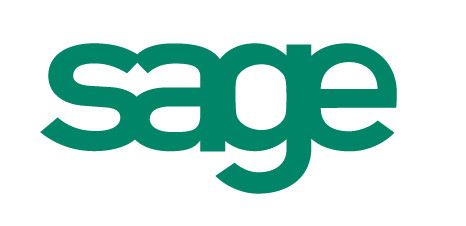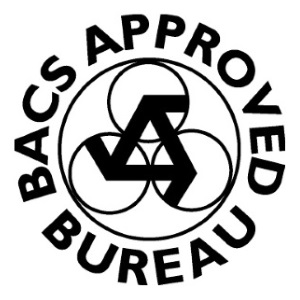What can we expect from the Budget?
With Sajid Javid’s resignation just a few weeks ago, we do not expect the new Chancellor Rishi Sunak to announce sweeping changes in the March 2020 Budget.
The Conservative Party has promised increased public spending and a “decade of renewal”. Whether the rumoured changes in pre-election promises and the Queen’s Speech make it into the Budget remains to be seen.
Bennett Verby director Neil Jones believes that the Budget is unlikely to contain many surprises:
“It’s clear that the new government has grand plans for change in the next three years. This Budget is so close to the tax year end on April 5, however, that there will probably not be any major and immediate changes to taxation other than those already announced.”
Let’s take a look at what we might expect from the Budget – and what any changes might mean for you and your business.
Taxation
The burden of business rates can be make or break. One of Boris Johnson’s pre-election promises was the reduction of business rates for all businesses, so under increased pressure from the CBI, we may see changes being announced. One business rates change that has already been announced is Pubs Relief, which will come into force in April, meaning a £1,000 reduction in business rates for small pubs.
Other promises made in the run up to November’s General Election included an increase in the employment allowance from £3,000 to £4,000, which would provide a £1,000 tax cut to more than 500,000 small businesses, as well as an increase in the R&D tax credit rate from 12% to 13% and an increase in structures and buildings allowance from 2% to 3%.
For employees, there will be a rise in the National Insurance threshold from £8,632 to £9,500 a year, a tax cut which means employees earning more than £12,600 will be around £100 a year better off.
Public Services
A lot has been said about the country’s ageing population and the state of social care. The Government has made the right noises with regard to plans to improve social care for the elderly with rising costs, and the Ministry of Housing, Communities and Local Government (MHCLG) announced in December 2019 that it will give local councils the power to add 2 per cent on council tax to cover the costs.
Public spending was at the forefront of Boris Johnson’s election campaign, so expect measures to end the ‘decade of austerity’ of previous Conservative governments in the form of funding for new hospitals, training thousands of new police officers and funding schools and vocational training. Where the Government will find the money remains to be seen.
Property
Ex-Chancellor Javid’s ‘mansion tax’, a proposal to introduce a tax on expensive properties, is now in doubt. The proceeds of this tax were mooted to have been used to reduce stamp duty for everyday homebuyers.
In the Queen’s speech, the First Homes scheme was announced, which would see a 30% discount for key workers and first-time buyers buying properties in their local area.
Pensions
It was suggested that this Spring Budget would announce the reduction of pension tax relief from 40% to 20% for people earning over £50,000. Although this would earn over £10 billion for the Treasury, it remains to be seen whether Chancellor Sunak will make these changes.
Environment
Boris Johnson has made a clear pledge for the UK to be carbon neutral by 2050, with deadlines for all electric cars being announced earlier this year. Promises made in the Tory election manifesto included plans to make homes more energy efficient and investing £9.2billion into insulating schools and hospitals.
Investment in the North
There have been rumours of increased investment in the regions, particularly in the North. We have already heard much about the Metrolink arriving in Stockport and the Stockport Interchange project, which will vastly improve public transport in the area, so we will keep our clients updated on how increased investment may benefit them.
The Budget will take place on March 11. To receive our book of Budget outcomes and a handy pocket tax planner for the year, please get in touch. For post-Budget analysis, subscribe to our newsletter here.











